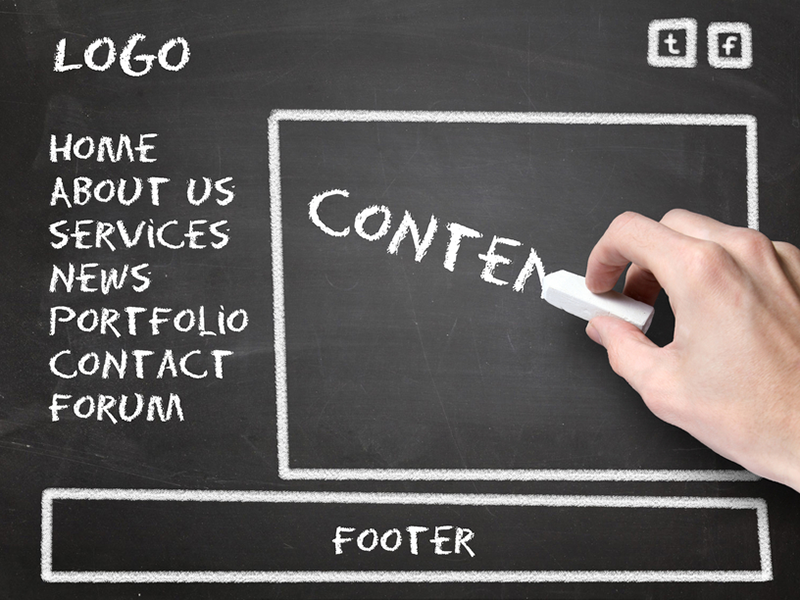What is website content?
Website content is the words that sit on your website.
These days, it’s not enough to have “OK” website content. Your website content must be superior.
If you focus on nothing else, you should at least put your best foot forward with your website so that everyone can connect with you online and discover what your business is all about.
As at September 2018, there are almost 200 million active websites on the web.
Getting found means that you must have a clear and simple:
URL – i.e.: rachelziv.com.au doesn’t require much thought, and doesn’t have dashes or weird words.
Website design – too many bells and whistles make it difficult for search engines to “read” your website.
Meta data – proper titles and meta descriptions help search engines know what you do and where to place you in search results.
Once you’ve taken care of the search engines, you need to take care of your website visitors. These are potential customers who are searching (at lightning speed) and want to know:
Does this company have what I need? Do I want to do business with them?
How long should website content be?
The amount of words on each web page varies depending on your website design. Generally a home page may have around 200 words, while a services page could have around 400.
My approach is to get your message across clearly and succinctly. Nobody wants to wade through waffle or listen to egocentric business speak, so I work hard to give your reader exactly what they need to hear, on the page they need to hear it.
What is the standard layout of a web page?
- Intriguing and/or SEO optimised headings
- Useful sub headings
- Minimal lines per paragraph (but keep ideas together)
- Clear, relatable, jargon-free language
- Maximum impact with minimum words
- Bolded calls to action
Specific page layouts
Home – Make a statement, introduce yourself (appeal to what the customer is searching for), provide an easy overview of services, add a splash of logos and/or testimonials.
About – Discuss the problem the customer is facing. Explain why they need you. Then back it up with why you are worthy of them (qualifications, years of experience, etc.).
Services – Instantly explain why the service you offer solves the problem they’re facing. Clearly outline how you offer it and infuse your ‘why’. Use short paragraphs, dot points, and sub headings throughout.
Save lengthy or technical information for blog posts or a resources page.
Why get a professional to help with web copy?
There are so many benefits to a great website. I strongly recommend that you invest the time and money to get it right. That doesn’t mean you need to spend a fortune. But it does mean you should engage experts to help, unless you have strong skills as a web designer and/or SEO copywriter.
Great web copy can:
- provide a consistent online presence that sells for you 24/7
- increase organic traffic from search engines
- capture and convert visitors
- build authority and credibility
- establish your brand
- showcase authenticity
The whole package
At Rachel Ziv, I’m all about the words so I focus exclusively on copywriting and editing.
I have worked on everything from content for a single website page, to editing hundreds of web pages aligned to internal style guides.
If you need help finding a web designer, I have strong relationships with many local businesses and can help you find the right one to meet your needs.
I also have relationships with a Senior User Experience Consultant and Information Architect who can collaborate if you need a more holistic approach to designing or redesigning your website.

